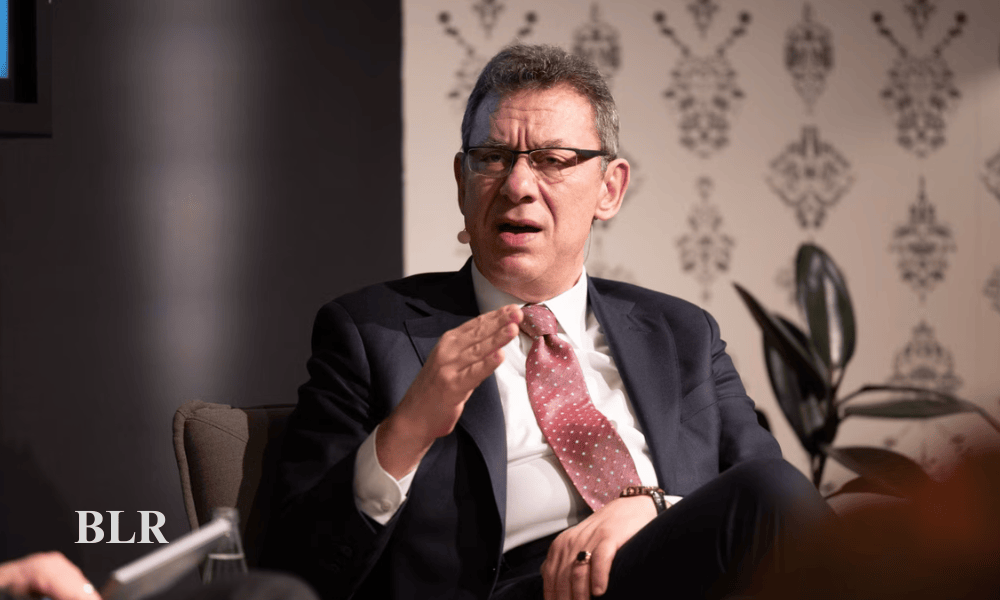Key Highlights
- Pfizer CEO Albert Bourla urges for a stronger collaboration between US and Chinese pharmaceutical sectors.
- China now drives 30% of global drug development with more than 1,200 novel drug candidates.
- Despite trade tensions, global pharma giants, including Pfizer, continue forming key partnerships with Chinese biotech firms.
Pfizer Chief Executive Albert Bourla emphasized the need for closer collaboration between the US pharma industry and Chinese pharmaceutical companies. He noted that China’s speed, cost-efficiency, and innovation have reshaped the global drug development landscape over the past decade.
Speaking at the National Committee on US-China Relations Gala in New York, Bourla said, “In biopharma, China’s dramatic speed, cost, and scale have triggered a shift in the global competitive landscape.”
China’s Rapid Growth in Drug Development
According to Bourla, China now contributes to nearly 30% of global drug development, with about 1,200 novel drug candidates under progress, a remarkable rise from just 60 a decade ago.
Bourla noted that the country’s evolving biotech ecosystem has made it a vital player in advancing pharmaceutical innovation.
Chinese biopharmaceutical firms are increasingly recognized for their research capabilities, strong clinical infrastructure, and faster regulatory pathways. These make them attractive partners for global companies seeking to expand their R&D pipelines.
Trade Tensions and Strategic Partnerships
Bourla’s remarks come amid ongoing trade tensions between Washington and Beijing. Previous US administrations imposed tariffs on Chinese imports and proposed bills to restrict collaborations with Chinese pharmaceutical firms, citing intellectual property and security concerns.
Although one such bill failed to pass the Senate, a revised version was reintroduced this year, reflecting continued political caution.
Despite these challenges, Pfizer and other global drug makers continue to pursue partnerships in China. Earlier this year, Pfizer signed a $1.25 billion agreement with 3SBio Inc., a Chinese biotech company, to license an experimental cancer treatment, with potential milestone payments of up to $4.8 billion.
What’s Next for Global Biopharma
Albert Bourla highlighted that Chinese biotech firms are completing clinical trial recruitment two to five times faster than their US counterparts, a factor that provides a major competitive advantage in research and innovation.
He concluded that collaboration between the US pharma industry and Chinese firms is not just strategic but necessary to accelerate healthcare breakthroughs globally. Combining America’s scientific leadership with China’s speed and scale can lead to life-saving discoveries that benefit patients everywhere.


